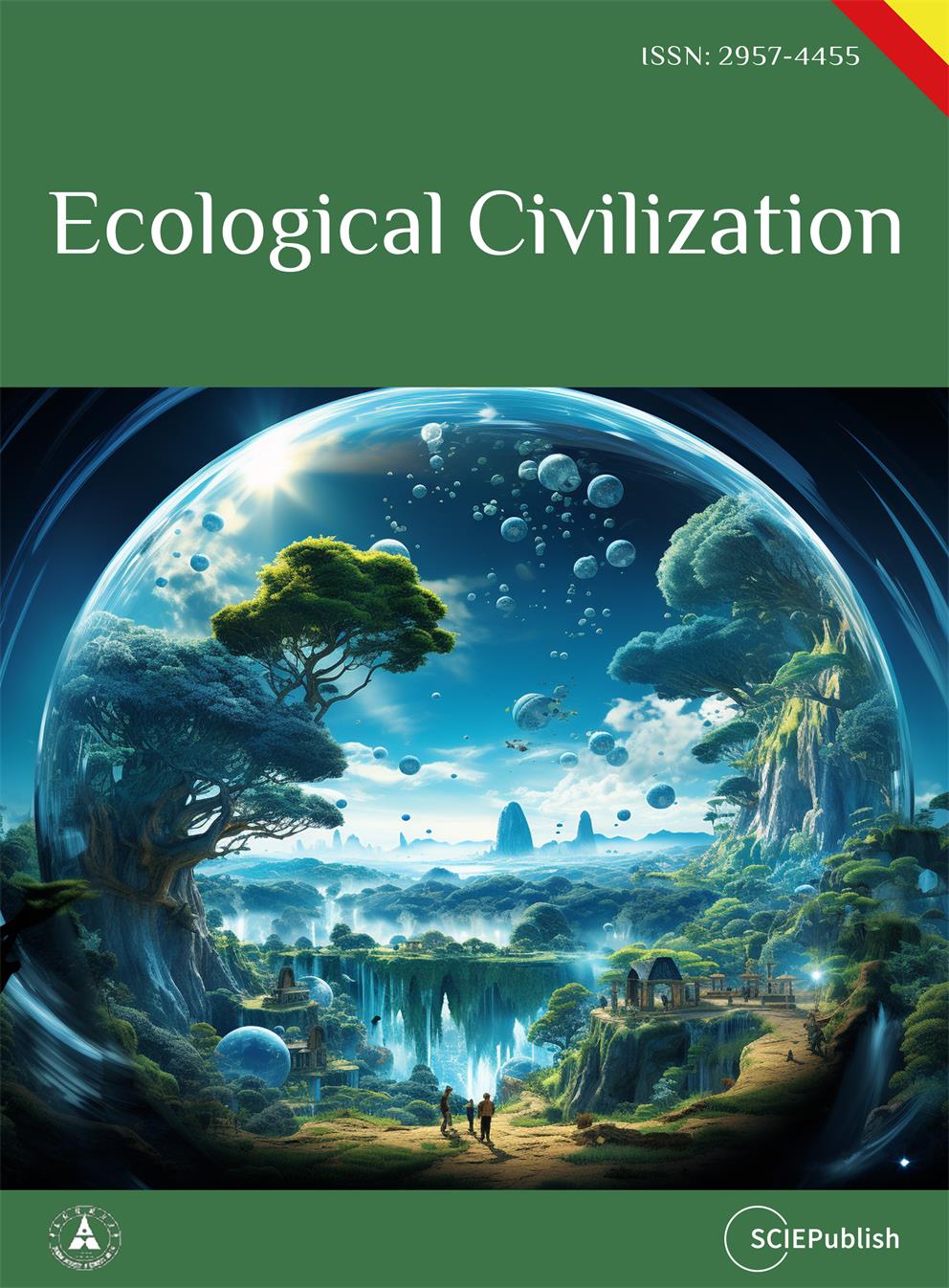Found 1 results
Open Access
Article
18 February 2024The Sustainable Development Concept in the Polish Legal Space from a Legal-Dogmatic Perspective
The sustainable development concept is of crucial importance for the socioeconomic development processes, not only at the international community level, but also—or, perhaps, particularly—at the national or even local levels. The aim of the article is to demonstrate, from a legal-dogmatic perspective, the place, role and significance of the sustainable development concept in the Polish legal space. This perspective applies to both the state policy intended to formulate a strategy which provides a basis for law-making processes and to find normative solutions making it possible to reconcile legally protected values which sometimes compete with one another, with account taken of the needs of future generations. The sustainable development concept has been very broadly followed in Poland not only in the legal doctrine, but also in the doctrine of economic and social sciences. This term has turned out to be such an effective political catchword that it has been commonly abused and, therefore, it has lost a good deal of its social importance; this makes it substantially more difficult to apply a normative approach to the issues related to the implementation of the concept in legislative practice. In the Polish legal space, the sustainable development concept has become the leading theme of many documents and legal acts, particularly those concerned with environmental protection, but also, although to a much more modest extent, those addressing the issues of socioeconomic development.
